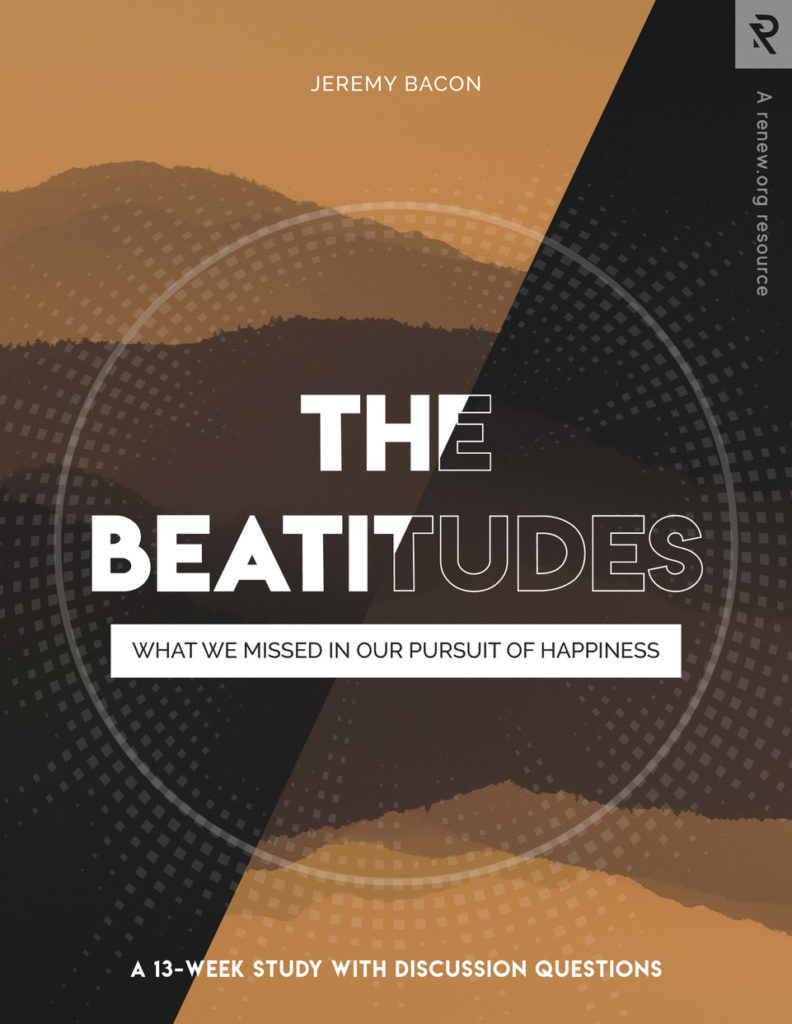
Review of Louise Perry’s ‘The Case Against the Sexual Revolution’
“The passions of a revolution are apt to hurry even good men into excesses.”
—Alexander Hamilton
All changes usher in a set of consequences, for better or worse. There are positive consequences that are expected. There are positive consequences that are unexpected. There are negative consequences that are known, but downplayed. There are negative consequences that are unintended, yet remain costly.
In her newest book, The Case Against the Sexual Revolution, British feminist Louise Perry claims the sexual revolution has had negative, unintended, and costly consequences.
The term “sexual revolution” broadly applies to events that happened during two decades a half-century ago, including the introduction of the birth control pill (1960), Summer of Love (1967), acceptance of books and films formerly considered pornographic, Stonewall Riots (1969), and the Supreme Court decision on abortion in Roe vs. Wade (1973). The standard assumption has been that liberation from oppressive sexual mores of post-war America has been positive, and that we are in a better place now. If any, the largest inheritance of this movement has been the perception that sex is no longer something reserved for marriage and that sexuality is about individual expression, and is best left unhindered by faith, family, or tradition.
“…the perception that sex is no longer something reserved for marriage and that sexuality is about individual expression, and is best left unhindered by faith, family, or tradition.”
Without question, there has been an attendant liberation connected to the sexual revolution, for which we are thankful. This includes the increased respect for women and their rights in the home, workplace, and church. And regardless of how one views the subject of same-sex marriage, few of us would want to return to a time when gay people were mistreated and made second-class.
Perry argues that the unintended consequences of the revolution have put us in a place that is worse than where we were. The purported advances for women’s plight have consequently materialized in a sexual culture that is more disproportionately slanted toward the carnal desires of men than anyone in the 1950’s could have imagined. Increases in hookup culture, pornography-imitating sex acts that put women in dangerous positions, postponed marriage, relationships that lack commitment, and the ability to divorce sex from procreation could be easily seen as developments that favor men much more than they do women.
She frames the conversation this way: Hugh Hefner and Marilyn Monroe are both icons of the revolution. Hefner died at an old age in a mansion, surrounded by a harem of women sixty years younger than he. Monroe died young of suicide after numerous botched illegal abortions, a history of depression, and minimal notoriety outside of being objectified by men. Now which gender was the revolution so good for?
“Now which gender was the revolution so good for?”
Before musing about whether this is just an old-fashioned, cantankerous take on the evolution of sex, we might wonder what those who are vulnerable to the changes have to say. One of Perry’s key arguments is that while college-age women might appreciate the liberation that has come through the sexual revolution, they are still much more likely than men to desire relational aspects like public acknowledgment of a relationship, handholding, and commitment. Further, they repeatedly respond to surveys saying they value fewer (not more) sexual partners and that they feel unfulfilled by casual sex.
Perry uses these observations to discuss the meaning of sex. If it is about procreation, then our contraception, late marital ages, and extramarital relationships surely suggest we believe otherwise. If sex is about love, then how do we explain hookups and pornography? If sex is for mutual pleasure, then what do we make of the burgeoning adult film or sex work industry that treats sex as a commodity to be sold rather than a pleasure to be shared?
Most readers may not follow or agree with the full range of Perry’s detailed arguments. But many Christians will be happy to see that many of the things they’ve thought (or urges they’ve felt, but couldn’t articulate) are tucked into her arguments. This is because many of us are curious of what the prevailing sexual ethic truly is, and have been offered little more than a simple word: consent. This word means that if both partners consent to the sexual experience, then it must be okay. This is obviously meager compared to a theological ethic of sex, where consent is essential but not exhaustive, the floor not the ceiling.
“Before musing about whether this is just an old-fashioned, cantankerous take on the evolution of sex, we might wonder what those who are vulnerable to the changes have to say.”
Every change brings a set of consequences (known and unknown). Jesus would say we should be as “wise as serpents and innocent as doves” (Matt. 10:16). We can be grateful for the place where a revolution has brought us, while also voicing concerns regarding some of its implications. Perry is not a Christian and would not share many of my commitments; but I’m glad she wrote this book. We needed to hear it.
From Bob Turner’s “Stationery” site. Used with permission.








